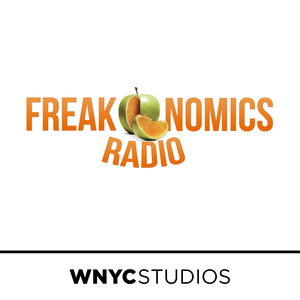Fascinating MBA Talk of the Week: How to spot a liar (Pamela Meyer)
/The business world requires trust. So how can you tell when someone is lying to you? We seem to be an anti-lying society, but yet we are often complicit in letting lies slide. In this talk Pamela Meyer steps through the sociological underpinnings of deception and ways of identifying it.
Highlights:
- Lying is a cooperative act, often for the sake of social graces. Lying is an attempt to bridge what we wish we were, with what we are. The key is knowing "what it is you're hungry for".
- Financial deception eats up to 7% of US company revenues.
- We lie more to strangers than to coworkers, men lie 8x more about themselves than about others, extraverts lie more than introverts, women lie more to protect other people, married people lit to their spouses in 1 of 10 interactions.
- Regular people can only tell who's lying 54% of the time. Trained lie-spotters can get to 90% identification.
- Common hotspots of lying: qualifying language, overly formal responses, too much detail, distancing language
- Honest people accused of wrongdoing: will be cooperative and enthusiastic in helping you get to the truth, willing to brainstorm and name suspects, will be infuriated throughout the entire course of the interview if they are being falsely accused, and will suggest strict rather than lenient punishment for the real wrongdoers.
- Deceptive people accused of wrongdoing: will look withdrawn, include way too much irrelevant details, will tell their story in strict chronological order (but will struggle to tell the story in reverse chronological order), and will exhibit "duping delight" (i.e. smiling when they think they are getting away with the deception).






















